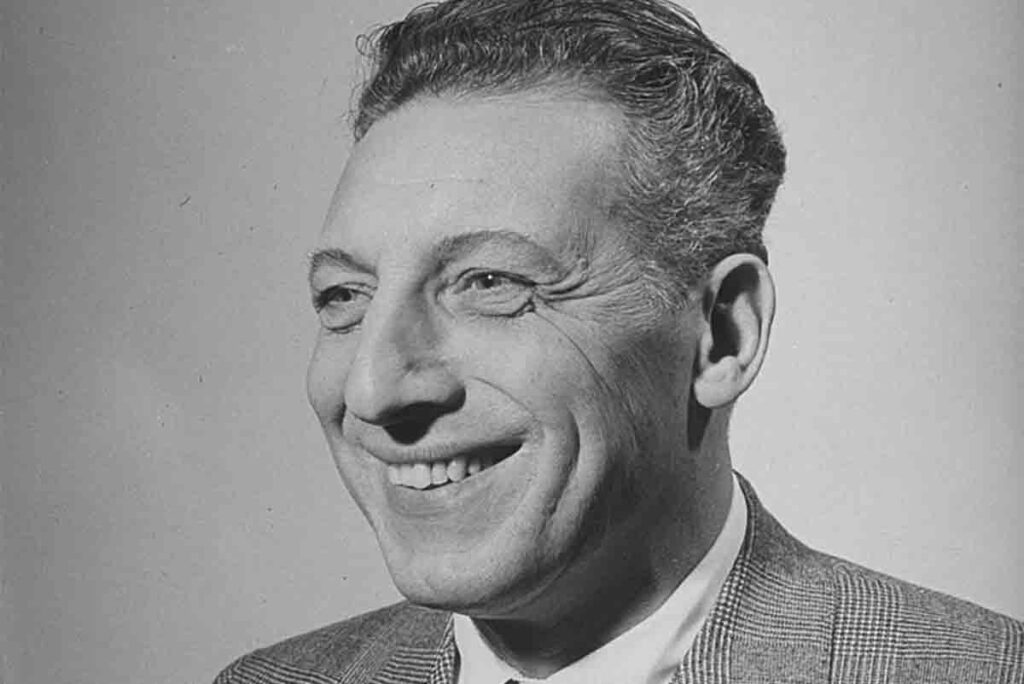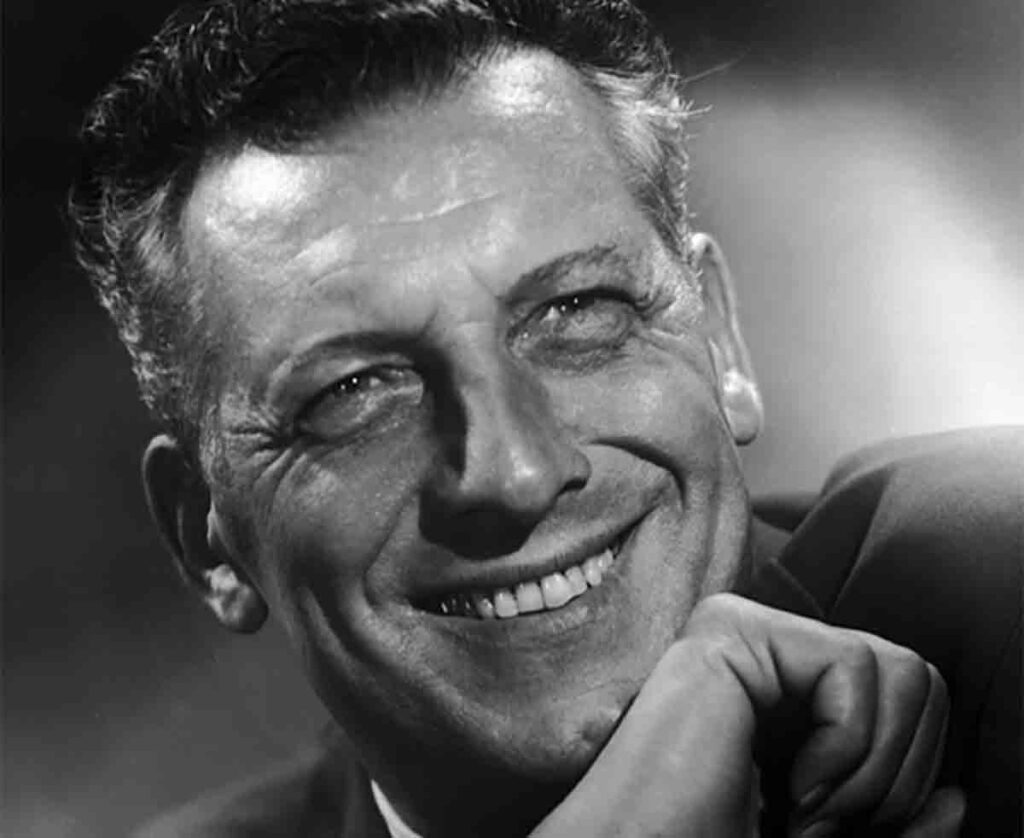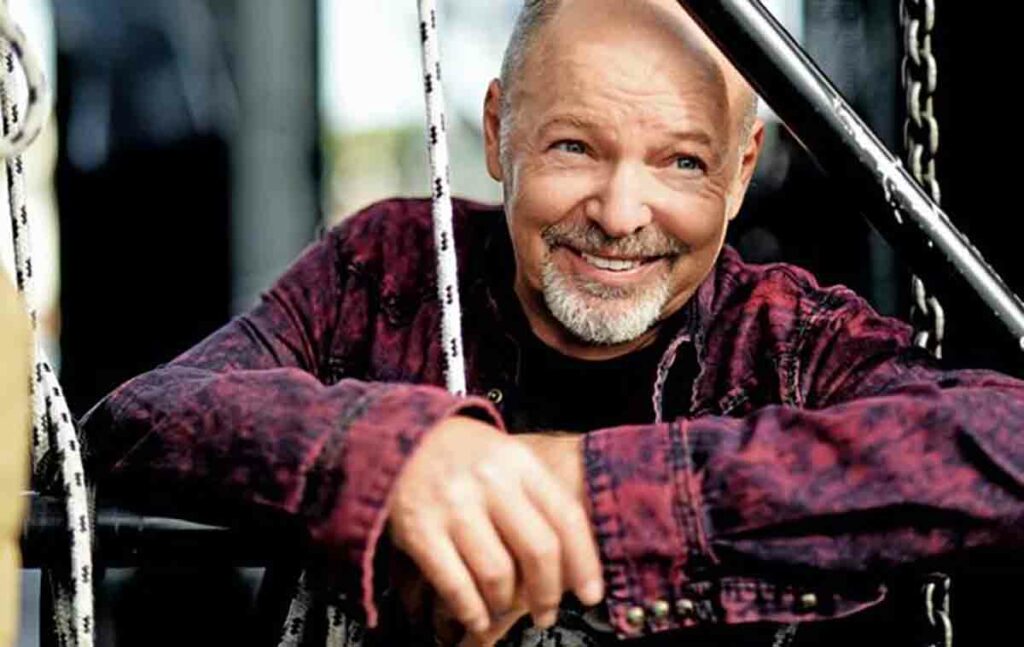Usually, children's dreams meet an impenetrable wall of parental misunderstanding on the way to their realization. But in the history of Ezio Pinza, everything happened the other way around. The firm decision of the father allowed the world to get a great opera singer.
Born in Rome in May 1892, Ezio Pinza conquered the world with his voice. He continues to be Italy's first bass even after his death. Pinza masterfully controlled his own voice, impressed with his musicality, although he did not know how to read music from notes.
Singer Ezio Pinza with the tenacity of a carpenter
Rome has always been a rich city in which it is not so easy for people to survive. Therefore, the family of Ezio Pinza was forced to move after the birth of the baby. The father of the future opera legend worked as a carpenter. There were not so many orders in the capital, the search for work led the family to Ravenna. Already at the age of 8, Ezio became interested in the art of carpentry. He helped his father and honed his skills. The little boy did not even suspect that it would be useful to him in a completely different area.
At school, Ezio failed to finish his studies. The father lost his job, and the son was forced to look for a source of income. Later, he became interested in cycling, began to win races. He probably could have made a successful sports career, but his father's opinion was different. The fact is that the parent, in addition to his work and family, loved music. His main dream was to see his son on stage.

The famous vocal teacher Alessandro Vezzani said that the child did not have a voice to sing. But this did not stop Father Ezio. He found another teacher, and the first vocal lessons began. Soon Ezio made progress, and then he studied at all with Vezzani. True, the vocalist-teacher did not remember that he had not once given him a chance. The performance of one of the arias from "Simon Boccanegra" did its job. Vezzani began training the talented young man. Later, he helped Pinza to be accepted into the Bologna Conservatory.
The difficult financial situation of the family did little to help her studies. Again, the teacher provided support. It was he who paid from his own funds a scholarship to his protégé. That's just getting a musical education did not give Ezio too much. He never managed to figure out how to read music. But excellent sensitive hearing prompted, led him. Having listened to the piano part once, Pinza reproduced it unmistakably.
War is not a hindrance to art
In 1914, Pinza finally realizes his father's dream and finds himself on stage. He is part of a small opera troupe and performs on various stages. The original performance of opera parts attracts the attention of the audience to it. Pinca's popularity is growing, but politics intervenes. The outbreak of World War I forces Ezio to abandon creativity. He is forced to join the army and go to the front.
Only four years later, Pinza was able to return to the stage. He missed singing so much that he takes every opportunity. After returning from the front, Ezio becomes the vocalist of the Rome Opera House. Here he is trusted with only minor roles, but in them the singer demonstrates his talent. Pinza understands that he needs much greater heights. And he risks going to Milan to become the soloist of the legendary La Scala there.
The next three years were a real breakthrough in the work of the opera singer. Soloing at La Scala, Pinza gets the opportunity to work with real professionals. Joint performances with conductors Arturo Toscanini, Bruno Walter do not go unnoticed. The audience applauds the new opera star. Pinza learns from conductors how to understand the styles of works, looking for the unity of music and text.
From the mid-20s of the last century, the popular Italian began touring the world. The voice of Ezio Pinza conquers Europe and America. Music critics praise him, comparing him with the great Chaliapin. However, the audience gets a chance to personally compare the two opera singers. In 1925, Chaliapin and Pinza performed together at the Metropolitan Opera in a production of Boris Godunov. Ezio plays the part of Pimen, and Chaliapin plays Godunov himself. And the legendary Russian opera singer showed admiration for his Italian colleague. He really liked Pinza's singing. And in 1939, the Italian will again sing in Boris Godunov, but already the part of Chaliapin.
Ezio Pinza's life is impossible without opera
For more than two decades, Ezio Pinza has been the main star of the La Scala theater. He is a soloist in many operas, while managing to go on tour with symphony orchestras. In his repertoire there are more than 80 works of the most diverse nature.
The characters of Pinza were not always the central characters, but they always attracted attention. Pinza brilliantly performs the parts of Don Giovanni and Figaro, Mephistopheles and Godunov. Giving preference to Italian composers and works, the singer did not forget about the classics. The operas of Wagner and Mozart, Mussorgsky, composers of France and Germany - Pinz was very versatile. He addressed everything that was close to his soul.
Tours of the Italian bass covered the whole world. The best cities in America, England, Czechoslovakia and even Australia - everywhere he was greeted with applause. The Second World War made its own adjustments, performances had to be stopped. But Pinza does not give up and continues to hone his singing, bringing it to the perfect sound.

After the end of the war, the Italian opera singer returns to the stage again. He even manages to perform together with his daughter Claudia. But health is getting worse, there is no longer enough strength for emotional performances.
Ezio Pinza's forces begin to give in
In 1948, Ezio Pinza enters the opera stage for the last time. The performance of "Don Juan" in Cleveland becomes a bright point in his great career. Pinza did not perform on stages anymore, but he tried to stay afloat. He agreed to participate in the films "Mr. Imperium", "Tonight We Sing" and operettas, and even traveled with solo concerts.
At the same time, viewers and listeners did not lose interest in him. He was still waiting for an incredible success with the public. On the open stage in New York, Pinza managed to prove his leadership. 27 people gathered for his performance.
In 1956, the heart of the Italian bass could not withstand such a load and made itself felt. Doctors put disappointing forecasts, so Ezio Pinza is forced to end his career. But without performances, singing, he could no longer live. The singer needed creativity, like air. Therefore, in May 1957, Ezio Pinza dies in the American Stamford. The legendary Italian bass was only 65 days short of his 9th birthday.
His talent has remained in the recordings of opera performances, on films, in films and operettas. In Italy, he continues to be considered the best bass, and the prestigious opera award bears his name. According to Pinza himself, only opera singers who seek to comprehend their role can be considered artists. He was just such an opera singer, a legend gone to immortality.



